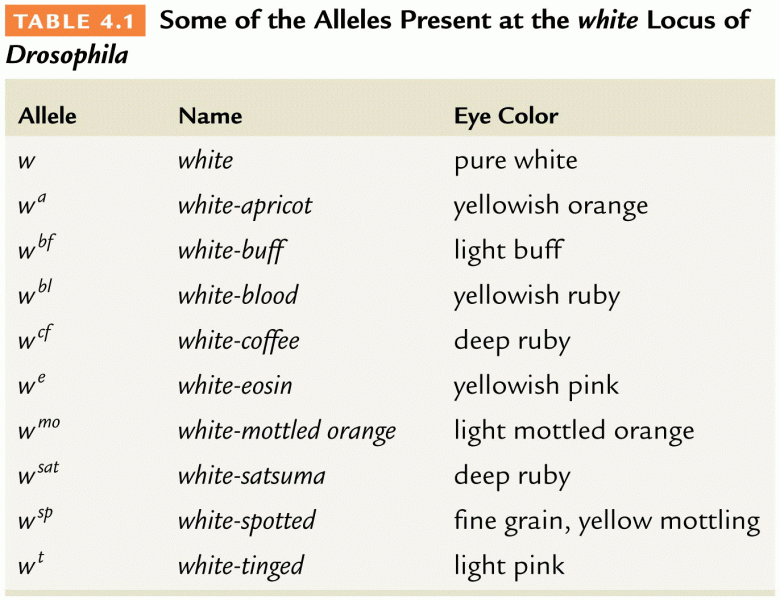Answer to Question 1Muchas Gracias
 Answer to Question 2
Answer to Question 2Hofstede's Model of National Culture identified five dimensions of culture: individualism versus collectivism, power distance, achievement versus nurturing orientation, uncertainty avoidance, and long-term versus short-term orientation.
Individualism versus collectivism focuses on the values that govern the relationship between individuals and groups. In countries where individualism prevails, values of individual achievement, freedom, and competition are stressed. In countries where collectivism prevails, values of group harmony, cohesiveness, and consensus are very strong, and the importance of cooperation and agreement between individuals is stressed.
Power distance refers to the degree to which a country accepts the fact that differences in its citizens' physical and intellectual capabilities give rise to inequalities in their well-being. It also measures the degree to which countries accept economic and social differences in wealth, status, and well-being as natural. Countries that allow inequalities to persist or increase are said to have high power distance. Countries that dislike large inequality gaps between their citizens are said to have low power distance.
Countries that are achievement oriented value assertiveness, performance, success, and competition and are results oriented. Countries that are nurturing oriented value the quality of life, warm personal relationships, and service and care for the weak.
Countries that are low on uncertainty avoidance are easygoing, value diversity, and are tolerant of differences in what people believe and do. Countries high on uncertainty avoidance tend to be rigid and intolerant. In high-uncertainty-avoidance cultures, conformity to the values of the social and work groups to which a person belongs is the norm, and structured situations are preferred because they provide a sense of security.
Long-term versus short-term orientation concerns how citizens of a country view life and work. A long-term orientation is likely to be the result of values that include thrift and persistence. A short-term orientation is likely to be the result of values that express a concern for maintaining personal stability or happiness and for living in the present.







